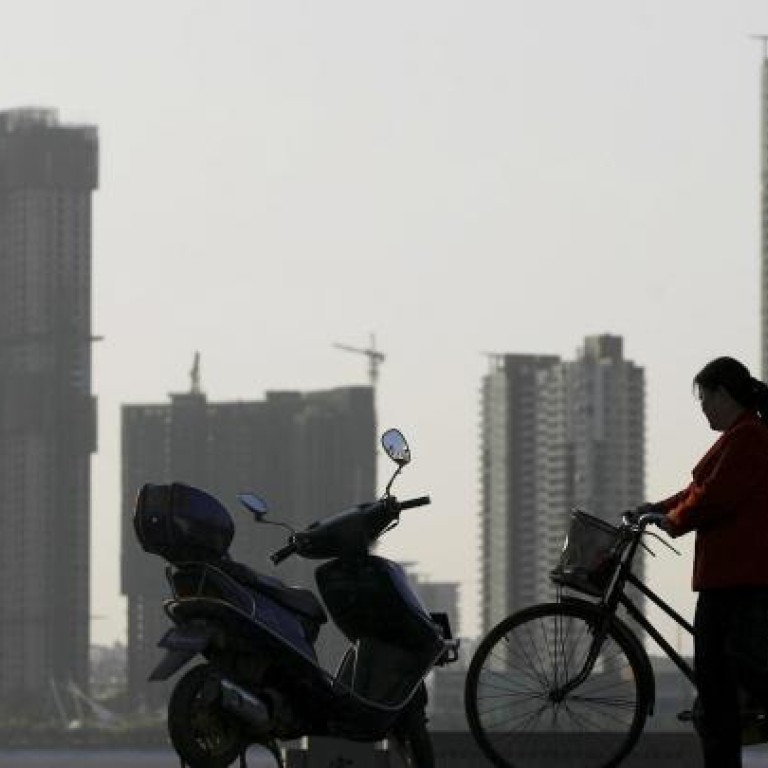
Mainland housing funds make borrowing easier
Housing provident fund loan policies have been amended in more than 20 mainland cities to make it easier for applicants to raise loans, according to Centaline Property Agency.
The latest amendment came in Wuhan, where the municipal government changed the conditions under which residents may raise loans from the fund to buy non-local property, and raised the loan quota from 400,000 yuan (HK$492,000) to 600,000 yuan for secondary transactions.
The provident fund system was introduced in Shanghai in 1991, soon followed by other cities, and was then propagated as national policy from 1994.
The funds are similar to housing fund programmes in other countries and combine saving and retirement accounts with subsidised mortgage rates to encourage employees to save towards buying their own houses. It is a form of involuntary savings to assist home financing, with both the work unit and the individual contributing to a common account.
Centaline said more than 20 cities had already implemented housing provident fund loan policies that were more favourable to homebuyers.
The Shenzhen city government, for example, raised the maximum loan that could be raised from the fund from 800,000 yuan to 900,000 yuan, while Kunming has indicated it will raise the loan ceiling and relax repayment periods.
Nomura Equity Research said that with a favourable mortgage rate of 4.5 per cent (against the People's Bank of China's five-year benchmark rate of 6.55 per cent), loans raised from a fund could assist buyers and stimulate fundamental demand.
Nomura said property sales on the mainland seemed to have stabilised after the "golden week" holiday, with the weekly deal rate across its 10 key cities at around 2.8 million square metres, which exceeded the 18-week average level since June of 2.6 million square metres.
A similar picture emerged in another survey by the China Index Academy, a mainland-based real estate research organisation. Its findings showed a rise in week-on-week sales volumes last week in 28 of 40 cities which it monitored.
In some cities, such as Fuzhou, Changsha, Nanchang, and Wenzhou, sales volumes doubled.
"Our recent trip to the lower-tier or inland cities also suggests that the housing market has been improving, albeit at a slower pace," Nomura analyst Alvin Wong said.
"As we expect policies to stay largely unchanged and developers to remain disciplined on pricing, we see a better fourth-quarter sales performance nationwide on a year-on-year basis."

